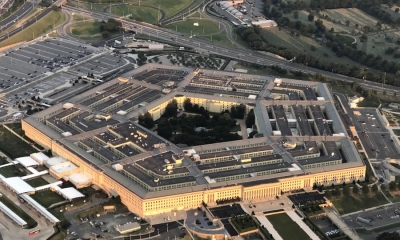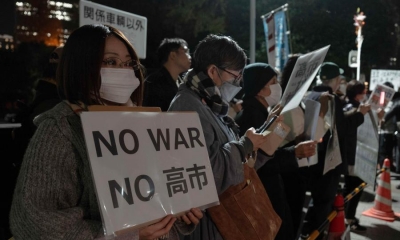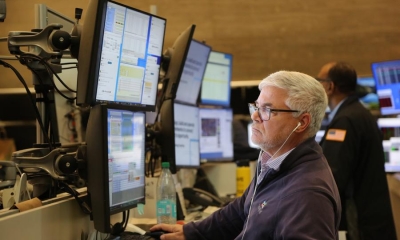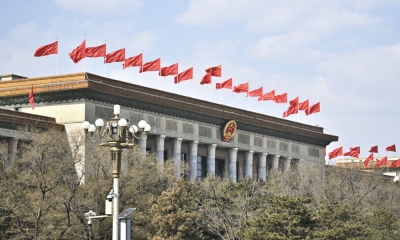New Signals from China Instill Confidence in the World
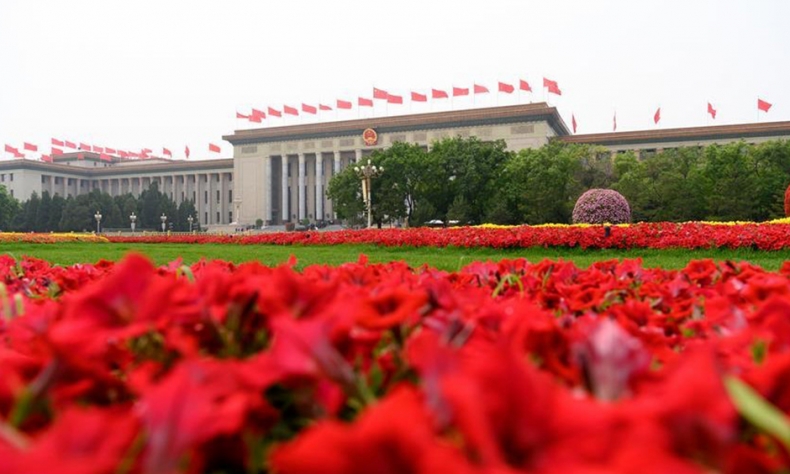
As China begins to rev up its production capabilities, all the upbeat signals from China are helping create a greater sense in those countries still struggling with the coronavirus that there is light at the end of the tunnel.
Despite the postponement from the normal time-frame in early March due to the novel coronavirus, China was able to hold the annual meetings of its legislature, the National People’s Congress (NPC), and its consultative body, the Chinese People’s Political Consultative Conference (CPPCC), at the end of May, as one of the first countries which have succeeded in getting back to something of a “new normal” after the coronavirus outbreak. The meetings give an opportunity for the government and legislators to chart the pathway forward after the major disruption caused by the epidemic.
In addition, with the growing protectionist moods displayed in many of the affected countries and a major anti-China campaign directed by certain political circles in the United States, it is important that the Chinese people and the world know where China is headed. During the annual sessions, a number of things have been made quite clear, judging from the documents issued during the two sessions and discussions of NPC deputies. China will continue its opening-up, including a greater opening up to foreign investment. This was evident in Premier Li Keqiang’s Government Work Report delivered on May 22 at the beginning of the week-long event. The negative list for foreign investment will be significantly shortened, signifying more easy market access for foreign companies to invest in China.
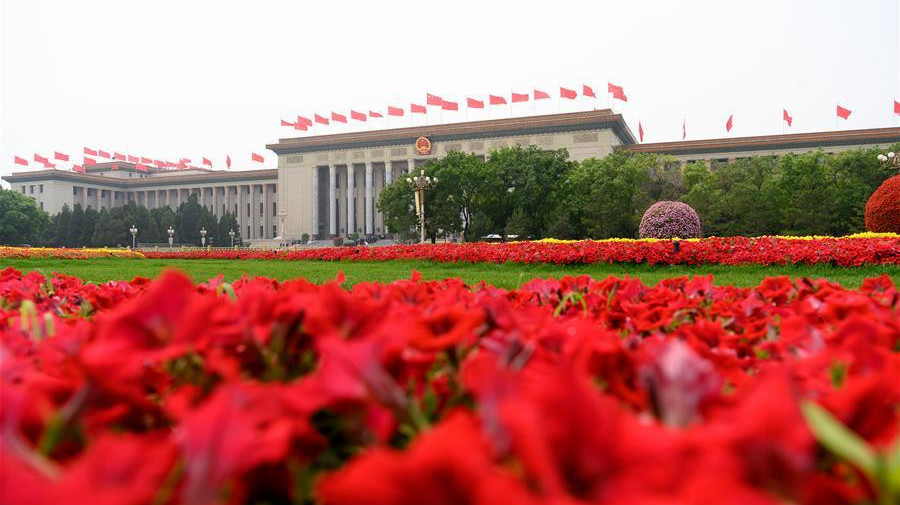
There will also be a greater emphasis on innovation and upgrading of manufacturing. COVID-19 will no doubt change a lot about how we work and what areas of production take precedence. In the short term, there is a crying need for medical supplies in countries which still have a big fight ahead of them in overcoming the virus. And China has geared much of its industry towards producing such products. However, in the long term, the question for China will be to maintain a technological edge on the high end of manufacturing, and this is what the government is aiming for, putting a clear emphasis on science and technology.
In addition, with the decline of the international market following the COVID-19 outbreak and the pressures on American businesses coming from the U.S. Congress and the Trump Administration to disinvest in China, there will be a continued effort of China to make the domestic market the real source of growth for Chinese industry. And the key markers for 2020, namely eliminating poverty and creating a moderate prosperous society in China, will also serve to grow that domestic market. There will also be a major effort to promote financing of infrastructure and development of the western regions, with an emphasis on transportation, energy, and water projects.
Coming out of the COVID-19 pandemic with much fewer casualties than many other countries has certainly enhanced the reputation of China as a responsible partner in coping with the epidemic. And China has been more than generous in assisting other countries, including the United States, with equipment, advice, and even medical personnel. More importantly, the emphasis on saving lives, which has been repeatedly emphasized by President Xi during this crisis, has also served as an important moral principle in a situation, where many people have been sacrificed to the disease, either because of a lack of foresight on the part of leaders, or because of a certain moral indifference with regard to the lives lost.
Much attention of the Western media has been focused on the draft decision on Hong Kong national security legislation, where the NPC will play a broader role in keeping good order in Hong Kong and safeguarding national security there. While the China-bashers in Washington have gone wild over the planned measure, and the radical youth are again out on the streets in Hong Kong, many people, including many Hong Kongers themselves, have breathed a sigh of relief that something will now be done to put a stop to this situation. No country can allow such an openly anti-government movement to develop on its soil, particularly this one, which is heavily fueled by foreign forces who would like to see China dismembered. How this will develop is not entirely clear, but the line in the sand has been drawn, and rightly so.
Many other issues of importance are also moving forward. As China begins to open up after the coronavirus outbreak there is also an air of caution in order to prevent a recurrence of the virus or the introduction of cases from abroad. President Xi also made it clear in a meeting with lawmakers from Hubei Province, the epicenter of the coronavirus outbreak in China, that the country needs to develop a method of better monitoring the appearance of diseases like COVID-19 and upgrade the Chinese medical system. Xi has also proposed at the World Health Assembly the development of a governance system for public health security, based on the World Health Organization, to better protect the world from such outbreaks.
More importantly, as China begins to rev up its production capabilities, all the upbeat signals from China are helping create a greater sense in those countries still struggling with the coronavirus that there is light at the end of the tunnel. And given China’s role in the world economy, this will also increase the supply of goods that will be needed by those countries where production has come to a virtual standstill, not least of all the supplies of medical equipment. As the coronavirus spreads to Latin America and Africa with less than adequate medical services, this supply will be the critical means for saving lives. As Foreign Minister Wang Yi said in his press conference on May 24, China will not cease fighting the coronavirus until it is conquered globally.
 Facebook
Facebook
 Twitter
Twitter
 Linkedin
Linkedin
 Google +
Google +




